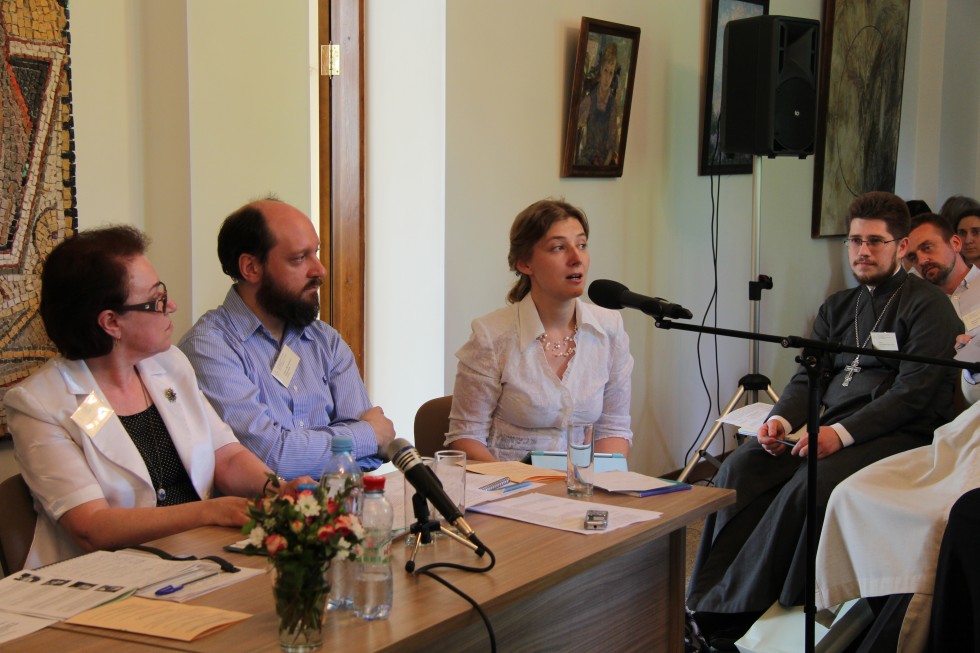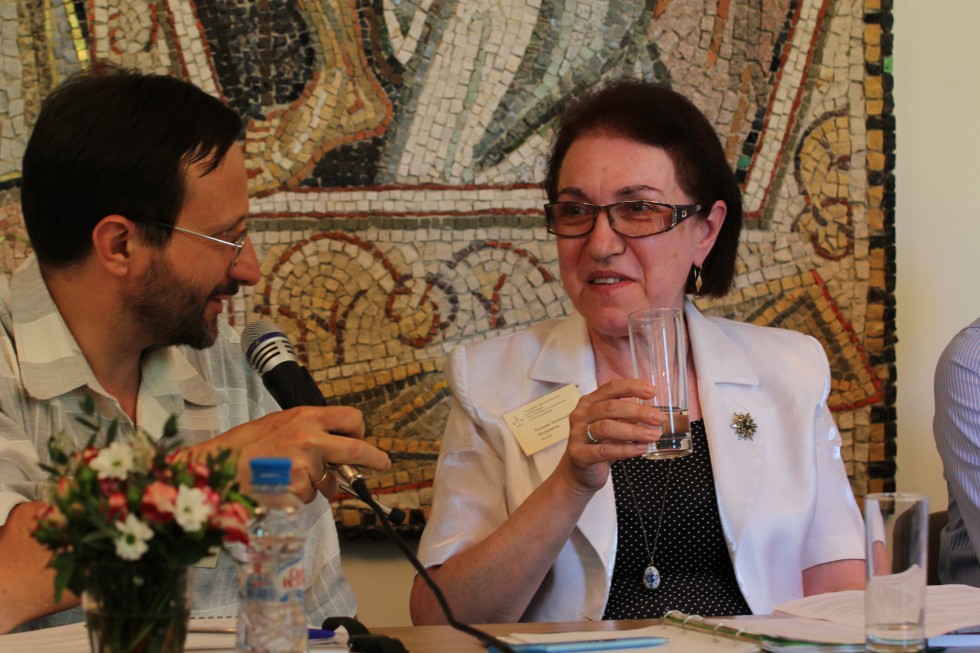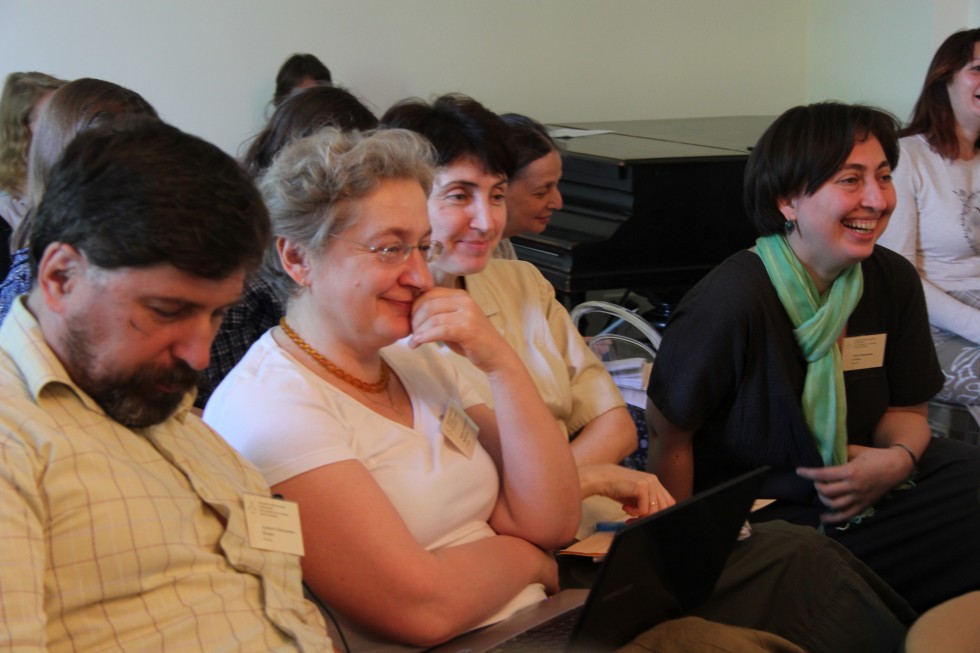Revelation of Humanity and Issues of Bioethics

From what moment can a human being be considered human? Science has many opinions on the subject. In the matters of abortion, in vitro fertilisation, surrogacy, and euthanasia, people today find it difficult to discern between good and evil, especially when these matters concern them personally. Participants in the conference, the majority of whom are practising catechists, discussed ways of helping people who are just learning to live as Christians to discover for themselves the mystery of humanity and their vocations and solve concrete life problems through that lens.
Although the question of mankind’s creation may not be associated with urgent problems, everybody is concerned, consciously or not. Approaching this issue at the main stage of catechesis was a key point of the second seminar of the day. Scientific knowledge of the origin of the world and man and the mythopoetic language of biblical revelation often prove difficult to reconcile with each other. Attempts are often made to interpret the biblical story of creation either too literally or as a fairy tale. Every catechist is tasked with helping people to seek answers to the questions of who they are, where they come from, and what their vocations may be, as well as helping them to learn how to read the Holy Scripture as God’s personal revelation to them.
Participants in the seminars included Father Georgy Kochetkov, Rector of St Philaret’s Institute, Pavel Gerasimov, senior lecturer at St John’s Russian Orthodox University, David Gzgzyan, Professor of St Philaret’s Institute, Maxim Zelnikov and Galina Muravnik, lecturers at SFI, and Valeria Volkova, graduate of SFI.


